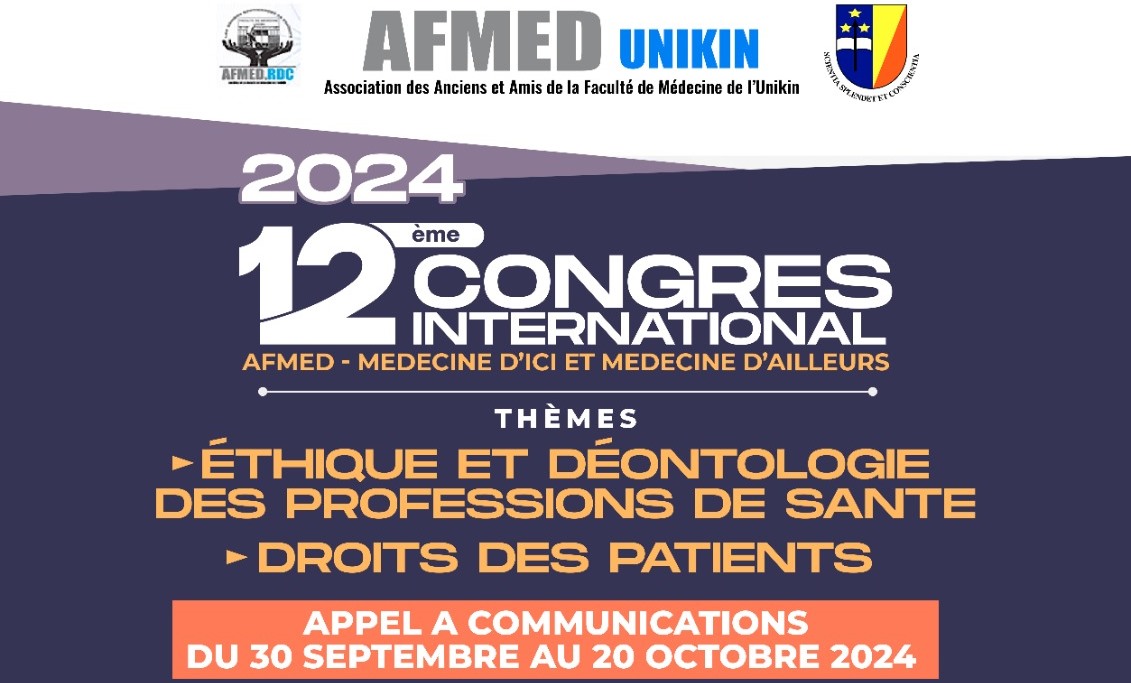To describe biases in antimalarial randomized controlled trials (RCTs) during pregnancy and their influence on antimalarial drug efficacy to reduce the risk of low birth weight (LBW).
RCT characteristics and results were retrieved from a previous systematic review on the efficacy of antimalarials. The Cochrane risk of bias assessment was used to investigate source of biases in each RCT. The quality of RCT reporting published after the introduction of the CONSORT statement in medical literature in 1996 were compared to those published before 1996. A meta-regression analysis was performed to examine the impact of bias on the efficacy of antimalarials to reduce LBW after controlling for the time period prior to 1996.
Twenty out of 25 RCTs (80%) had a high risk of bias. The proportion of RCTs having a low risk of bias was higher in manuscripts published after the introduction of CONSORT compared to those published before 1996 for sequence generation (P = 0.04) and allocation concealment (P = 0.04). Heterogeneity between RCTs was associated with an overestimation of the efficacy of antimalarial drugs in reducing LBW in RCTs with inadequate methods for randomization, allocation concealment or not being free of other bias.
Antimalarial RCTs during pregnancy are poorly reported but may be improved by using the CONSORT statement. After taking into account the time period before 1996, we found that biases had an impact on the efficacy of antimalarials to reduce the risk of LBW.
METHODOLOGICAL QUALITY OF ANTIMALARIAL RANDOMIZED CONTROLLED TRIALS DURING PREGNANCY AND ITS IMPACT ON THE RISK OF LOW BIRTH WEIGHT.
Br J Clin Pharmacol
Br J Clin Pharmacol 2016 Sep 13;82(3):806-13. Epub 2016 Dec 13.
Faculty of Pharmacy, University of Montreal, 2900 Édouard Montpetit, Montréal, Québec, Canada, H3T 1J4.
S’abonner
0 Commentaires
Le plus récent









